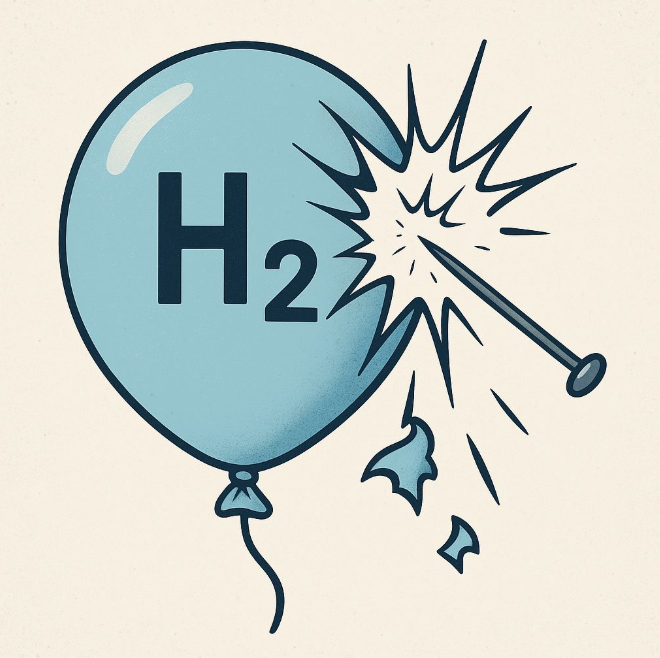Just a few years ago, the hydrogen economy was the talk of the energy world. Touted as the fuel of the future, hydrogen attracted billions in investment, turbocharged clean energy startups, and inspired government roadmaps across the globe.
But today, the momentum has slowed, and reality is setting in.

Why the Hydrogen Economy Lost Steam
Despite ambitious promises, the hydrogen revolution has run into major roadblocks:
-
High production costs: Especially for green hydrogen, which requires renewable electricity and advanced electrolyzers.
-
Infrastructure gaps: Production, storage, and transport remain complex, expensive, and logistically challenging.
-
Fierce competition: In many applications, batteries have proven more efficient and easier to deploy.
-
Slow market adoption: Real-world usage is far behind early forecasts, creating uncertainty for investors.
As a result, funding has tightened, several projects have stalled, and investor sentiment has cooled. The hydrogen economy, once hyped as a panacea, is undergoing a painful adjustment.
Still a Role to Play
Does this mean hydrogen is dead? Far from it.
While the hydrogen economy is unlikely to dominate mainstream transport or home heating, it remains a vital solution in niche but critical sectors:
-
✅ Heavy industry: Hydrogen is one of the only viable options for decarbonizing sectors like steel and chemical production.
-
✅ Maritime and aviation: For long-distance, high-load transport, hydrogen-derived fuels (like ammonia or e-kerosene) offer unique potential.
-
✅ Long-duration energy storage: In future power grids with high renewable penetration, hydrogen can help store excess energy for days or even weeks.
A New Phase: Less Hype, More Focus
What we’re witnessing is not the death of the hydrogen economy, but its transition into a more grounded and mature phase. Expectations are being recalibrated. Technologies are being refined. And strategies are shifting from grand visions to practical implementation.
💡 Hydrogen isn’t the miracle solution we hoped for—but used wisely, it remains a powerful tool in the broader energy transition.
Want to discuss the future of hydrogen or other energy trends? Contact us here.
